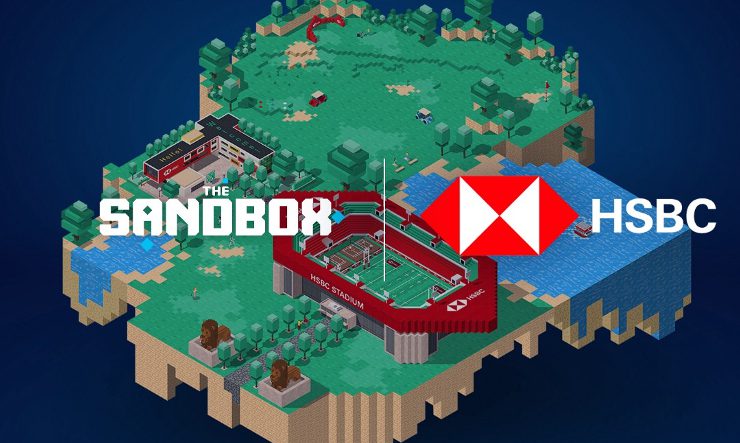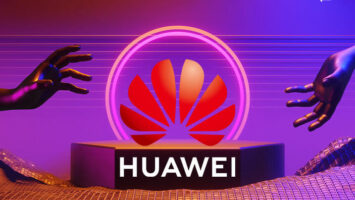SNEAK PEEK
- HSBC became the First Global Financial Services Provider to collaborate in Metaverse with The Sandbox.
- The aim of the collaboration is to take the gaming experience to a new level.
- Details of HSBC and Sandbox collaboration will be announced soon.
HSBC, which is one of the world’s leading financial service providers, has created history by collaborating with The Sandbox. It has become the first global financial service provider to enter the Sandbox Metaverse. HSBC is one of the world’s major banking and financial services organizations, with assets of US$2,958 billion and offices in 64 countries.
The announcement was made on 16th March and this partnership hopes to open up new opportunities for global virtual communities. It aims at creating a next-level gaming experience for users and developing a new experience for the users in the sandbox metaverse.
In this notable partnership, HSBC will acquire a virtual plot of land in the sandbox metaverse and develop an engaging and connecting array of esports and sports for gaming enthusiasts.
This partnership will create new opportunities for global institutions to develop the web3 as per consumer adoption demand and robust experiences for the users in the Meta world by offering decentralized and gamified technology.
HSBC has joined 200 existing partnerships to be another member of Sandbox metaverse. The existing 200 partners include of the sandbox include Gucci, Snoop Dogg, Warner Music Group, Ubisoft, Deadmau5, Adidas, Steve Aoki, Richie Hawtin, The Walking Dead, Care Bears, The Smurfs, ZEPETTO, Atari, and CryptoKitties.
The sandbox version of metaverse aims at empowering players and creating an experience that is both original and unique. It will bring well-known and real characters into the metaverse gaming world.
More details of the HSBC and the sandbox collaboration will be announced soon
This collaboration can be a big game-changer in the gaming section of the metaverse. As per PwC reports, The Metaverse market which was $45.4bn in 2019 is expected to grow to $1.5tn in 2030.









Comments (No)